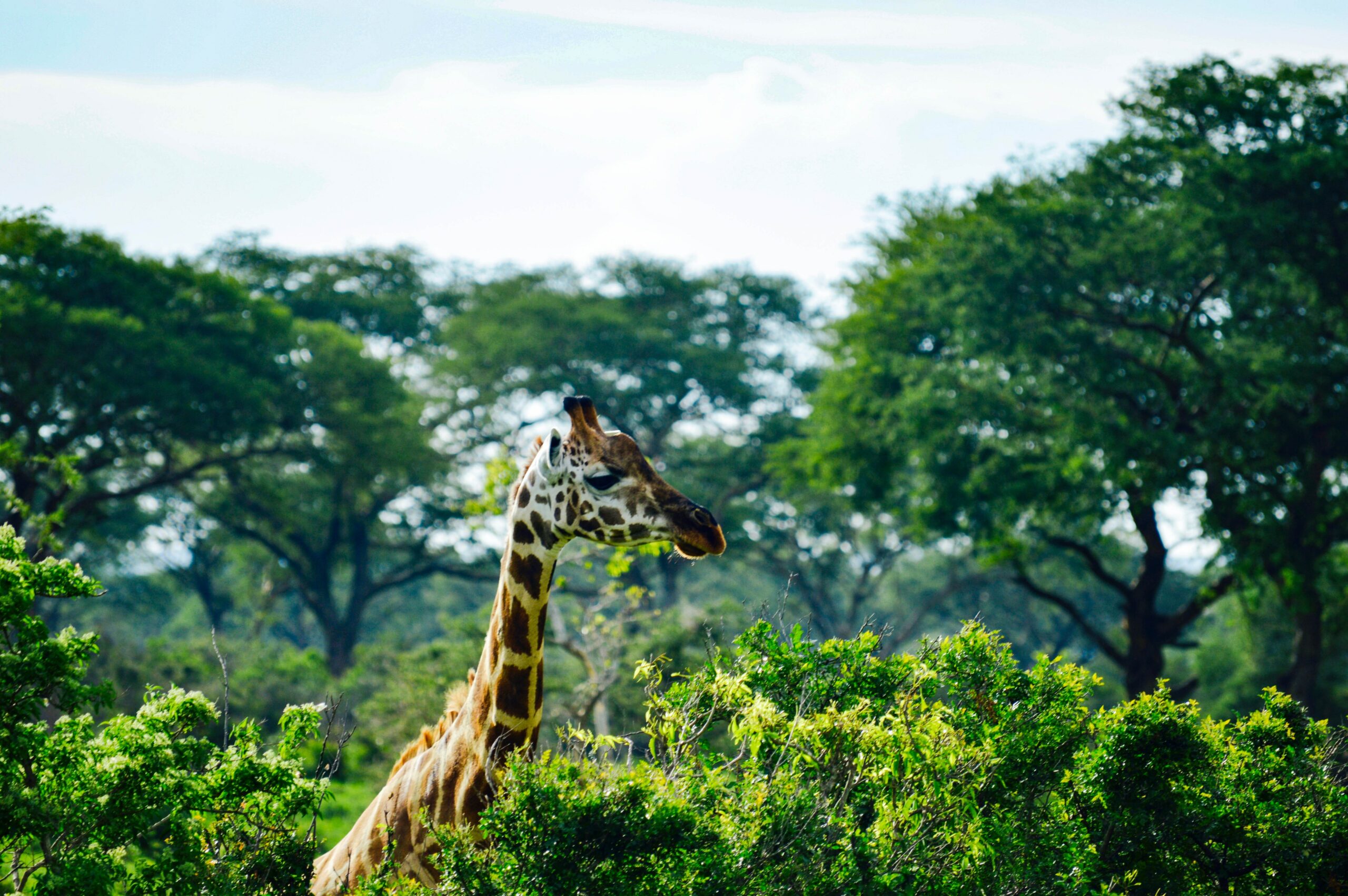We are excited to announce that Brink is now part of Africa Practice. Learn more
Debt-for-nature swaps: A new route to climate financing

At COP 27, dubbed “the African COP”, mobilising climate financing – especially the pledged annual USD 100 billion from developed to developing countries – was the hot topic. The establishment of the loss and damage fund to support vulnerable countries in mitigating losses attributed to climate change was applauded as a historic breakthrough although negotiations on the fund’s potential benefactors and beneficiaries, among others, are still unresolved. Stakeholders are now exploring innovative approaches to climate financing that are in alignment with their economic realities. In this climate, no pun intended, the debt-for-nature swap framework seems to be gaining momentum.
An increasingly heavy debt burden
In the 2010s, a number of African countries contracted external debt on favourable terms. Fast forward to the 2020s, and many are teetering on the edge of a debt crisis as a result of the lingering effect of the COVID-19 pandemic, Russia’s invasion of Ukraine, poor public financial management and the resultant spiralling inflation rate, currency depreciation, interest rate hikes in advanced economies and capital outflows.
In sub-Saharan Africa, where the adverse impact of climate change is most acute, half of the countries are in debt distress or at a high risk of defaulting, with an average debt-to-GDP ratio of 60% for the region. Meanwhile, as many African currencies depreciate, debt servicing costs increase in local currency terms.
Since 2020, Zambia has defaulted on their sovereign debts, with concerns of more defaults to come. In December 2022, Ghana, which has over USD 13 billion of outstanding Eurobonds, defaulted on its obligations and solicited an IMF bailout to address balance of payment needs. Africa’s largest economy, Nigeria, despite a moderate debt-GDP ratio, has an increasingly concerning debt sustainability outlook – debt service gulped over 80% of revenues generated in 2022.
A win-win potential
In spite of these economic challenges, Africa is primed for a transition to low-carbon technologies and green energy, driven by its vast natural resources and potential for renewable energy generation and storage. The biggest hurdle to the continent’s energy transition – sorely needed as demographics drive energy access needs – is the lack of financing. Here, the debt-for-nature swap offers a mutually beneficial option to African countries and their creditors.
The newly re-introduced (it has actually been around since the 1980s) debt-for-nature (or debt-for-climate) swap framework aims to mobilise financing to mitigate the adverse effects of climate change while simultaneously reducing debt stock. It constitutes a financial arrangement whereby a portion of a country’s external debt is forgiven in exchange for domestic investments in the environment, focused on conservation and climate change mitigation and adaptation measures. Sub-Saharan Africa’s total external debt stock stands at USD 1.12 trillion; if converted under the debt-for-nature swap, this would generate 50% of the USD 2.5 trillion the continent requires for a just energy transition.
For Africa to take advantage of these innovative approaches to climate financing, critical political, socioeconomic and inter-governmental challenges first need to be addressed. These challenges stem from fragmented political will, competing policy priorities and subpar administrative capabilities. Interested parties in the debt-for-nature swap arrangements will need to gain an in-depth understanding of the peculiarities of each market, the policy and regulatory landscape, as well as the multi-layered risks and opportunities. Furthermore, the swap arrangements can prove to be complex, costly and require proactive monitoring of environmental investments and long-term financial commitment from the debtor country.
Africa Practice can help international and domestic parties to understand these dynamics and to realise opportunities through the creation of mutually beneficial relationships. Read more about our services here.
About the author
Agwu Ojowu is a Consultant at Africa Practice, focusing on the political economy, the extractives sector and the environment. He can be contacted at [email protected].
Proud to be BCorp. We are part of the global movement for an inclusive, equitable, and regenerative economic system. Learn more


